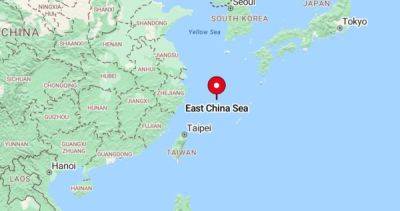Why China won’t big bang devalue the yuan
As net capital outflows exceed China’s current account surplus, the yuan currency will necessarily face depreciation pressure. However, China will neither float its currency nor allow a large depreciation.
Floating a currency in the global financial system now dominated by the US means making the country’s financial system more exposed to US actions. China’s strategy is the opposite: to reduce its vulnerabilities to the US-dominated systems.
Selling foreign currency reserves to defend the exchange rate is also not an optimal policy for the People’s Bank of China, the central bank. Such an operation would tighten domestic liquidity and could push up local interest rates.
For an economy suffocating from deflation, tightening liquidity is the last thing China needs. This set of circumstances has led to rising expectations in the global investment community of a yuan devaluation—in the form of a swift or one-off exchange rate adjustment.
Under certain circumstances, for a managed, pegged exchange rate system like China’s, a one-off or rapid devaluation might be preferred to a slow, gradual depreciation.
The thinking is that growing expectations of currency depreciation could lead to escalating capital outflows. These dynamics can become self-fulfilling and often cannot be reversed without a material exchange rate adjustment.
However, Beijing will not resort to a one-off or rapid devaluation, at least not for now. The cost-benefit analysis of this option is unfavorable from the perspective of Beijing’s current policy priorities.
First, the PBoC manufactured a small 2% devaluation of the yuan in August 2015, which resulted in a collapse in share prices, both in China and globally. That episode is no doubt still fresh in PBOC






